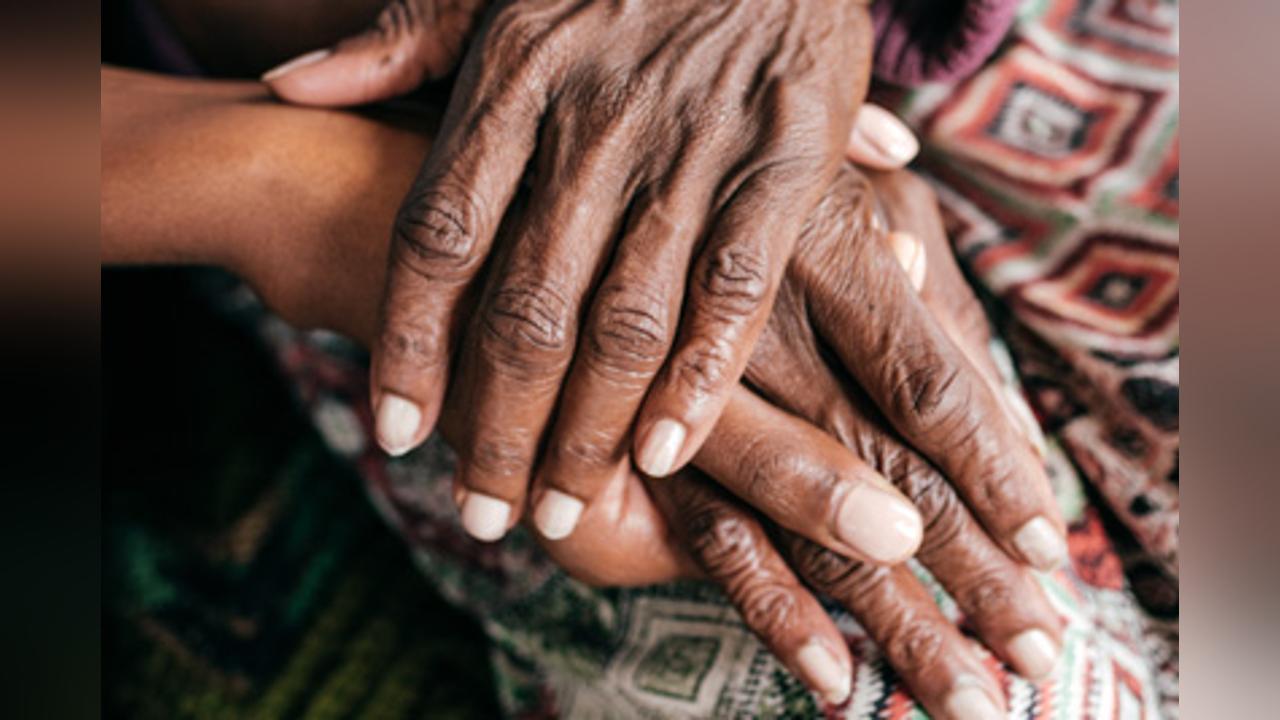Africa-Press – Botswana. Amid the growing incidence of violent crimes against women, government is committed to strengthening its national response to gender-based violence.
The vice chairperson of the National Gender Commission, Dr Morena Rankopo said Wednesday, during the launch of the intimate partner violence stigma and help seeking behaviour study findings. He explained that the country had frameworks such as the National Gender and Development Policy and the National Strategy Towards Ending Gender-Based Violence.
“But we know that strategies are only as effective as the partnerships and actions that bring them to life. This is where your role, as stakeholders from government, civil society, academia, faith-based organisations, traditional leaders, and development partners, comes in,” he said.
Dr Rankopo also appreciated the role of the University of Botswana and Botswana Gender Based Violence Prevention and Support Centre in conducting the study.
“Let us remember, behind every statistic on intimate partner violence is a woman, a man, a child, a family, real lives disrupted, sometimes loss, because stigma and silence stood in the way of protection,” he added.
He said the overarching responsibility was to ensure that survivors did not feel alone, fear speaking out, and fid system ready to support them with dignity, respect and justice. Dr Rankopo further said stigma could be dismantled, violence reduced if stakeholders and community work together, and when response was bold, evidence-based and inclusive.
University of Botswana(UB) Deputy Vice Chancellor for Research and Innovation, Professor Doreen Ramogala-Masire stated that one in every three women experience some form of intimate partner violence in their lifetime, adding that such was a major challenge faced by families and communities.
Prof Ramogala-Masire said the study aimed to explore the health-seeking behaviour of women who had experienced intimate partner violence and to develop, validate, and test a measure of culturally salient intimate partner violence stigma as a deterrent to intimate partner violence self-help seeking behaviour among women.
Noting that the study was led by academic community partnership between the UB and Botswana gender-based Violence Prevention and Support Centre, a leading support service in Botswana for those affected by gender-based violence. She said it was exemplary of the priorities of the UB to advance high-quality, socially impactful scholarly research that was consequential to society and contributed to the upliftment of the nation and the region.
She said university’s strategy of 2020-2030 had put intensification of research at the centre of the strategy in a way to answer to the 2030-36 vision of the nation, which looked at making Botswana a knowledge-based society and economy, and a socially impactful economy as well.
The study among others found that women in intimate partner violence survivors who endorse such are likely to experience more intense forms of anticipated, enacted and internalised intimate partner stigma, while others who endorse are more likely to have contemplated or attempted suicide or less likely to disclose their abuse to someone.
For More News And Analysis About Botswana Follow Africa-Press






